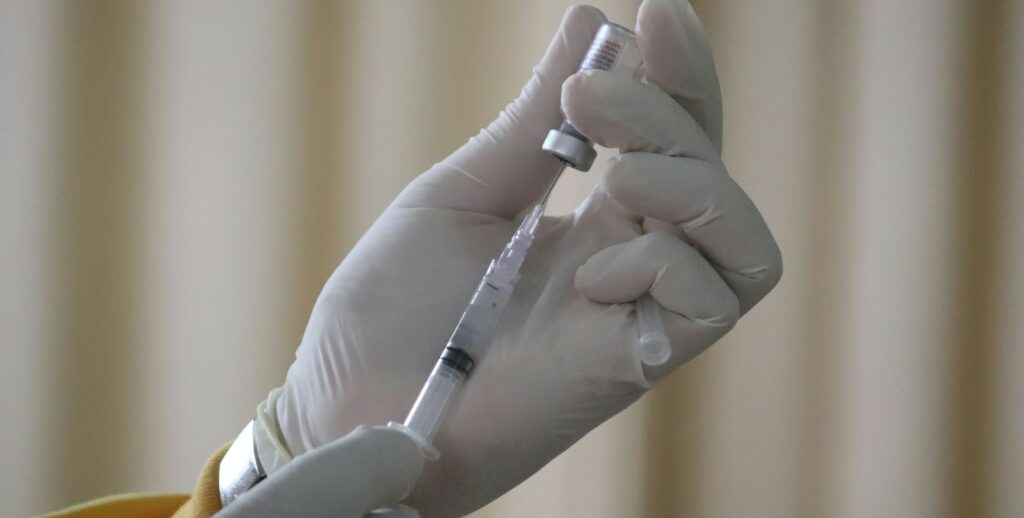Chlamydia infection rates continue to be on the rise in Australia. Several factors likely contribute to the increase in reported chlamydia rates, according to experts:
- A move away from asymptomatic screening – Health authorities have shifted away from recommending testing for people who are asymptomatic. Although this condition is easily treatable, many people may become infected, yet not even know due to a lack of symptoms. This results in an increase in rates of chlamydia, as people are spreading it unaware.
- High reinfection rates – Reinfection rates among young women with chlamydia are high, with the risk of reinfection at just over 20 percent. If a person tests positive for chlamydia, they should have retesting done at 3 months. This can help reduce the risk of reproductive complications as well as transmission of the disease.
Chlamydia can have serious health consequences, especially when it comes to reproductive health. People do not always experience symptoms of chlamydia but, if left untreated, this STD can increase the risk of infertility, pelvic inflammatory disease, and chronic pelvic pain.
The first step in reducing the rates of chlamydia in Australia is by learning about chlamydia. Anyone sexually active should learn more about identifying the signs of chlamydia and get tested if they suspect they’ve been in contact with an infected partner.
What Are the Symptoms of Chlamydia?
Many cases of chlamydia are asymptomatic, which means you may not realize you’ve been infected until much later, if at all. Some cases of chlamydia may include symptoms such as:
- Unusual vaginal discharge (for women)
- Spotting between periods (for women)
- Painful burning during urination
- Pain during sex
- White discharge from the penis (for men)
- Pain in the testicles (for men)
- Redness around the opening of the urethra (for men)
If you notice these symptoms, getting tested immediately is essential so you don’t spread it to others. If caught early, most cases clear up with oral antibiotics. However, if left untreated, chlamydia can lead to infertility in men and women. In addition, untreated cases in women can increase their chances of developing pelvic inflammatory disease and pregnancy complications, including miscarriage.
How Can Chlamydia Be Prevented?
While sexually active people are most at risk for contracting chlamydia, that risk increases for people who are under the age of twenty-five and who have multiple partners. The best way to prevent chlamydia is by practicing safer sex. Always use condoms and other forms of protection while having sex with your partners. In addition, you should ensure both you and your partner receive regular testing for sexually transmitted diseases.
What Can I Do To Help?
The best way to prevent the spread of chlamydia in Australia is to get tested. If you do receive a positive result, you should notify your partners as soon as possible so they can get tested too. You can do this through Better2Know. Finding a clinic near you to get tested will give you the information you need to stay safe while preventing the spread of this common yet serious, sexually transmitted disease.
Sources
- Munari, S. C., Goller, J. L., Hellard, M. E., & Hocking, J. S. (2022). Chlamydia prevention and management in Australia: reducing the burden of disease. Medical Journal of Australia, 217(10). https://www.mja.com.au/journal/2022/217/10/chlamydia-prevention-and-management-australia-reducing-burden-disease
- Health Direct. (2019, July 3). Chlamydia. Healthdirect.gov.au; Healthdirect Australia. https://www.healthdirect.gov.au/chlamydia
- Chlamydia | betterhealth.vic.gov.au. (n.d.). Www.betterhealth.vic.gov.au. https://www.betterhealth.vic.gov.au/health/conditionsandtreatments/chlamydia#who-is-at-risk-of-chlamydia





